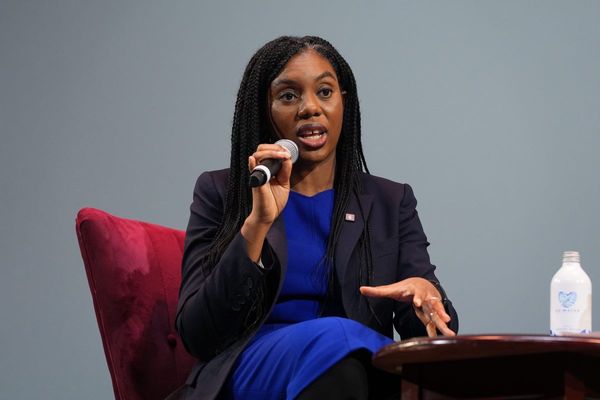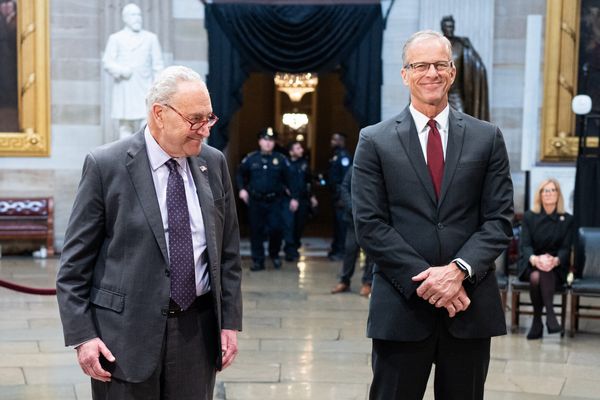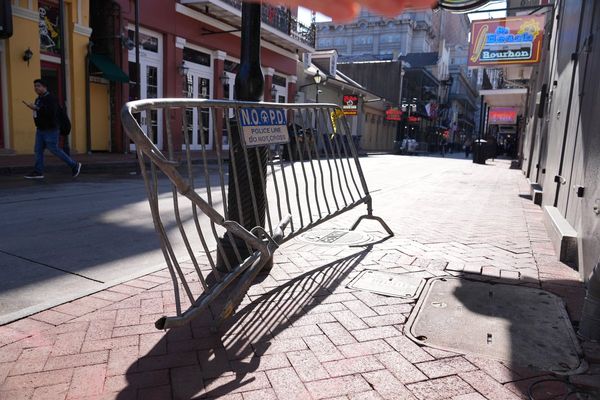
As a child, Suzy Morrison eyed her father’s pay packets. He worked in the woollen mill in Milton, New Zealand, and each week he handed Morrison’s mother a plump manila packet. “I was very interested in that envelope,” Morrison says.
Nothing was said about the money, but sometimes while she tried to sleep Morrison heard arguments drift through the ceiling to her bedroom: her mother had spent too much. On those nights, while she lay anxiously listening, Morrison began to fear money, its secrecy and scarcity; and from those first kernels of fear grew decades of debt. She was 63 when she finally became solvent.
As a child, Morrison felt “deprived – because where was my ‘real mother’?” She had been adopted at 10 days old. Now, at 74, she looks back and sees that she “was really well cared for” by her adoptive parents. “But I was waiting all the time for my ‘real parents’ to come and get me.”
From the age of 15, she worked in a local diner, and there she waited again, for “a handsome prince” or a film-maker, because although she didn’t act, she hoped she might be “like those actresses who were discovered at the drugstore”.
Morrison was getting her own pay packet by then, “but I couldn’t keep hold of it. I could not,” she says. “I never learned how to save money.”
At 17, Morrison married a musician who looked after their finances. By 19, they had separated. She had begun “to have a problem with alcohol”. Over the years, she became addicted to other substances, including cannabis and opiates, somehow managing to hold down a job and raise two daughters while funding her dependency by selling drugs.
She entered a 12-step recovery programme in her late 30s. Life “began to transform” – she stopped using – but Morrison’s relationship to money did not.
“I thought: ‘When I earn more, I’ll be OK.’ But it didn’t work like that.” In her 40s, she returned to education, studying to become a social worker, then training as a counsellor. “But no matter what I earned,” she says, “I always spent a bit more.” She thinks now that she did this “to keep the shame and the embarrassment and the discomfort going”.
She was forever lending or borrowing 10 bucks. “I thought: ‘I’m just going to have to keep bullshitting my way through.’”
With alcohol and drugs, she had chosen a path of abstinence, but it is impossible to abstain from money. “I had to learn to be in a relationship with it,” she says.
She happened to be reading the self-help book The Artist’s Way by Julia Cameron “to help remove a block I could feel in me”. Reading the bibliography, she stumbled across another title by the same author, Money Drunk, Money Sober. With the help of friends, she began to follow its tips.
The book recommended attending Debtors Anonymous, another 12-step programme. By the time Morrison arrived at her first session in 2012, she was 61 and NZ$15,000 in debt, the equivalent of about £7,600 at the time. She hates the word “budget” – which “clenches and feels like probation” – but in Debtors Anonymous she learned to make a spending plan.
At 63, she cleared her credit card, and disposed of it. “I was solvent,” she says. “That was a really happy day.”
Now Morrison works as a counsellor, gives Addiction 101 workshops and webinars, and supervises women who work helping addicts. She has learned to ask for a fair price for her services. “Before, I wouldn’t have been able to do that. Deep down, I felt unworthy, that I was lucky to have the work,” she says.
Changing her relationship with money has changed her relationship with herself, her sense of self-possession. “I’m at ease in my own skin. There’s none of that fraud or impostor thing. Becoming easy in my skin feels like a radical act,” she says. “So much time and money and energy are spent trying to convince us that we are never enough.”
Most of all, Morrison says, she continues to live out her belief in remaining “open and teachable”. It has taken years to build the “friendly relationship” with money that she now enjoys. But, she says, “I trust the timing. When the student is ready, the teacher appears.”







